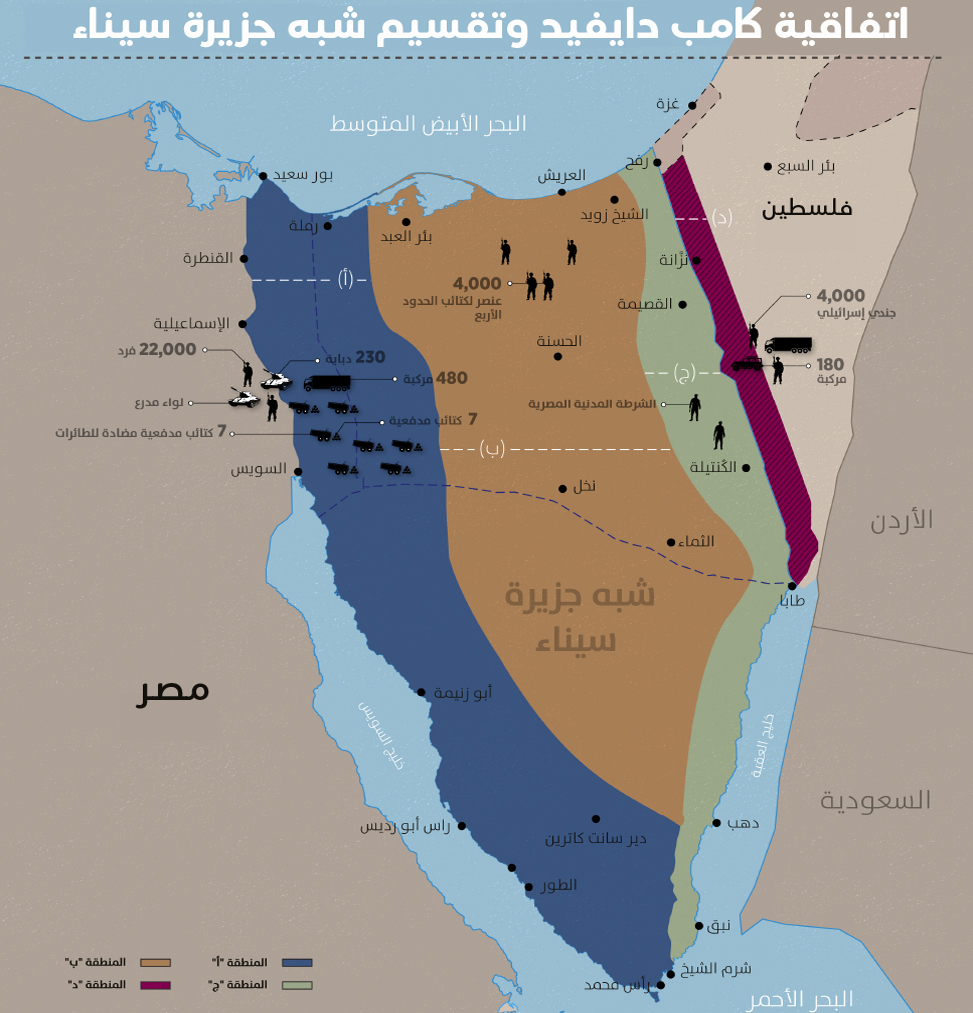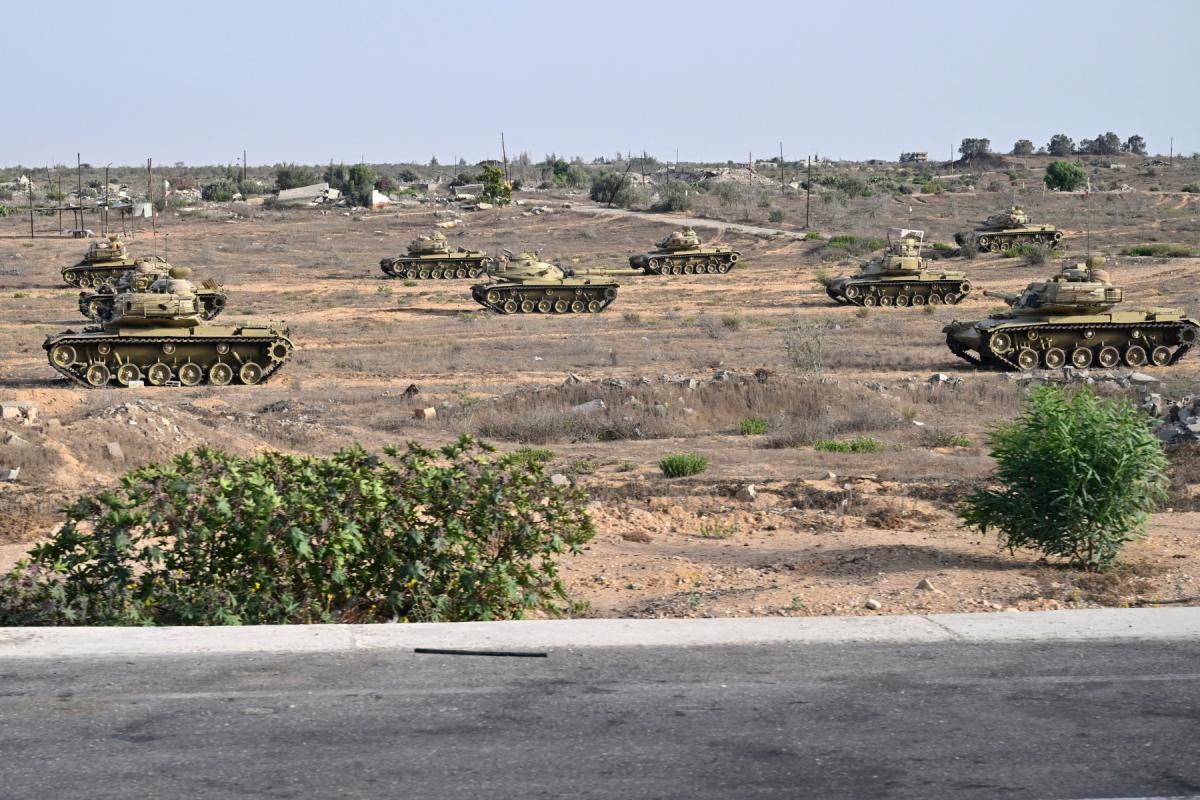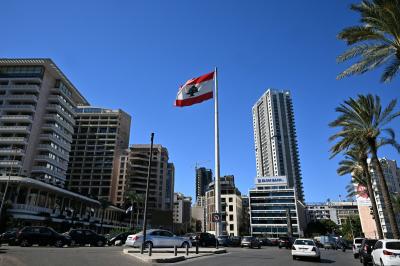Tensions have recently escalated between Egypt and Israel following statements by Israeli officials demanding that Egypt dismantle its military presence in the Sinai Peninsula, calling it a top priority. These officials have also urged the United States to pressure Cairo into compliance, arguing that Egypt’s growing military deployment violates the terms of the Camp David Accords signed in 1979—one of the most significant agreements in Middle East history, as it marked the first official Arab recognition of Israel.
The Camp David Accords outlined a clear framework for Egypt’s military presence in Sinai, dividing the peninsula into three distinct zones:
Zone A
Located along Egypt’s border with the Gulf of Suez, this area allows for the deployment of one infantry division, comprising around 24,000 troops with full military equipment.
Zone B
Positioned in central Sinai, between Zones A and C, this zone permits a single brigade of border guards and civilian police equipped with light weapons and early warning systems—about 4,000 personnel.
Zone C
Directly adjacent to Israel, this zone is limited to civilian police forces and a lightly armed contingent of UN peacekeepers, with no Egyptian military presence allowed.
This zoning—mainly the military exclusion in Zone C—has facilitated Hamas operations, including the construction of tunnels linking Gaza to Sinai, used for smuggling weapons and setting up logistical networks to strengthen its military capabilities. Additionally, the limited Egyptian presence in Zone B has created opportunities for militant groups, including extremist Islamist factions, to launch attacks against the relatively lightly deployed security forces.

Tensions between Egypt and Israel have heightened further as Cairo bolstered its military presence near the Gaza border, firmly rejecting proposals to relocate Palestinian residents to Sinai. These developments come amid a deadlock in truce negotiations that Egypt hoped would lead to a ceasefire in Gaza.
So what are the strategic implications of Israel’s demand? How could it affect Egyptian and regional national security? And how does this align with the broader geopolitical dynamics of the Middle East?
Sinai: A Pillar of the Egyptian National Security
The Sinai Peninsula is not only Egypt’s strategic depth but also its first line of defense. It serves as a crucial geographic link between Africa and Asia and between the Red and Mediterranean Seas. Since 2011, the region has faced a growing terrorist threat, prompting Egypt to strengthen its military presence—a move that required coordinated amendments to the Camp David Accords with Israeli approval. However, Israel’s latest demand raises fresh questions about its willingness to accept Egypt’s expanding military footprint, especially as regional power dynamics continue to shift.
Israel’s Geopolitical and Security Motives
Containing Egyptian Military Power
Some Israeli circles view Egypt’s increasing military presence in Sinai as a potential shift in future rules of engagement.
Preempting Strategic Redirection
Given regional upheavals, Israel is wary of any scenario in which Egypt might redirect its military power toward a future confrontation. It wants Egypt’s deployment to remain within clearly defined limits.
Impact on Gaza Strategy
Any change in the military balance in Sinai could affect Israel’s approach to Gaza, where Egypt’s expanded role could reshape the Gaza-Israel equation.
Broader Strategic and Geopolitical Dimensions
This development is part of a wider realignment in Middle Eastern geopolitics, which includes:
Struggle Over Maritime Routes
The Middle East is witnessing intensified competition over key maritime chokepoints—like the Suez Canal, the Bab el-Mandeb Strait, and the Strait of Hormuz. Rising tensions in the Red Sea, fueled by Iranian intervention and Houthi attacks on commercial vessels, have prompted Israel to ensure that Sinai does not become a full-fledged Egyptian military base capable of obstructing its maritime maneuvers.
Regional Rivalries
Israel is also determined to prevent any regional power aligned with Egypt from using Sinai as a strategic card—especially in light of Egypt’s deepening economic crisis, which could make it vulnerable to external influence.
A Shifting Military Balance
For decades, Israel has relied on its qualitative military edge. However, it now recognizes that Egypt has acquired advanced and diversified weapon systems, including modern air defense systems and next-generation fighter jets. As a result, rolling back Egypt’s military infrastructure in Sinai has become a strategic priority for Israel, aimed at preserving its own military superiority.
Egypt’s Strategic Options
In response to Israel’s demand, Egypt has several strategic avenues it could pursue:
Outright Rejection
Egypt could officially reject the Israeli request, citing the past decade’s U.S.-backed bilateral adjustments to the Camp David Accords, which were made to address terrorism and broader regional security threats.
Renegotiation
Cairo might consider negotiating new amendments to the Camp David agreement to reinforce its military presence, while offering security assurances to Israel.
Strengthening Regional Alliances
Egypt could work to consolidate ties with regional and international powers—including the United States, France, Saudi Arabia, and the UAE—to build strategic support and counter Israeli pressure aimed at curtailing its military in Sinai.
*Former Minister
 French
French















